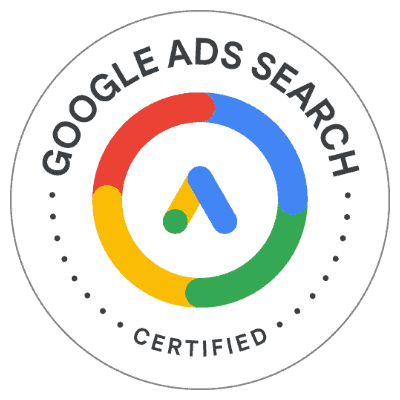Internet searches have just become part of life. In fact, most of us don’t give a second thought to the amount of information we share with our search engines. However, it may come as a surprise (or not) to some that on Google, your searches are tracked and used to collect data for advertisers.
When you think about it, Google has access to a lot of personal information from your search history. For instance, it’s possible to collect information about your geographic location, medical and financial issues, and hobbies and interests.
Although this data collection can help Google cater to your needs and even find what you’re searching for quicker, some people find that this data collection can feel invasive. As a result, many people are looking for an alternative. Which is the gap the DuckDuckGo search engine is trying to bridge. DuckDuckGo is an alternative to typical data-tracking search engines.
DuckDuckGo is a search engine that works differently, meaning they provide you with results based on what you type into your search box without knowing anything about you. DuckDuckGo search results are based on keywords from your search, pure and simple, with no data tracking.
How Is DuckDuck Go Different?
Because DuckDuckGo is based entirely on the content’s keywords and not on the user profile, you no longer get search results based on the data profile they’ve collected over time.
DuckDuckGo differs because they offer localization without personalization. For example, they can feed you search requests like your local weather or show you restaurants based on your location because your location info is embedded in the search request, meaning it can serve you based on your location, but it does not continue to track you.
Google takes the localization along with the tracking and adjusts your search results based on what they think you’ll click on, and doesn’t show you results it thinks you’ll skip. This process is known as the “filter bubble” and can play out based on its opinions of your political leanings or other polarizing views.
Another way DuckDuckGo is different is that they keep ads to a minimum and provide non-tracking ads based only on searched keywords. Meaning if you search for “popcorn,” they can show you sites related to popcorn without knowing anything about you. Instead, your results are purely based on the keywords you type in.
What Do I Need To Know About Advertising On DuckDuckGo?
DuckDuckGo makes money from advertising (just like Google) but with one key difference. Google personalizes ads based on your search, your browser, and your purchase history; DuckDuckGo uses your search terms and keywords from your search to serve you content and ads.
Should I Use DuckDuckGo Instead Of Google?
Well, there are certainly merits to both. Google holds about 70% of the market share when it comes to search engines. However, in our ever-changing world, privacy matters. Depending on your business and the clients you’re trying to reach, different search engines can reach a broader range of people. At the Dietz Group, we offer our clients a wide variety of advertising options; if you’d like to learn more about our SEO practices and how we can optimize your business content to rank high on BOTH of these search engines. Contact us today to get started.









